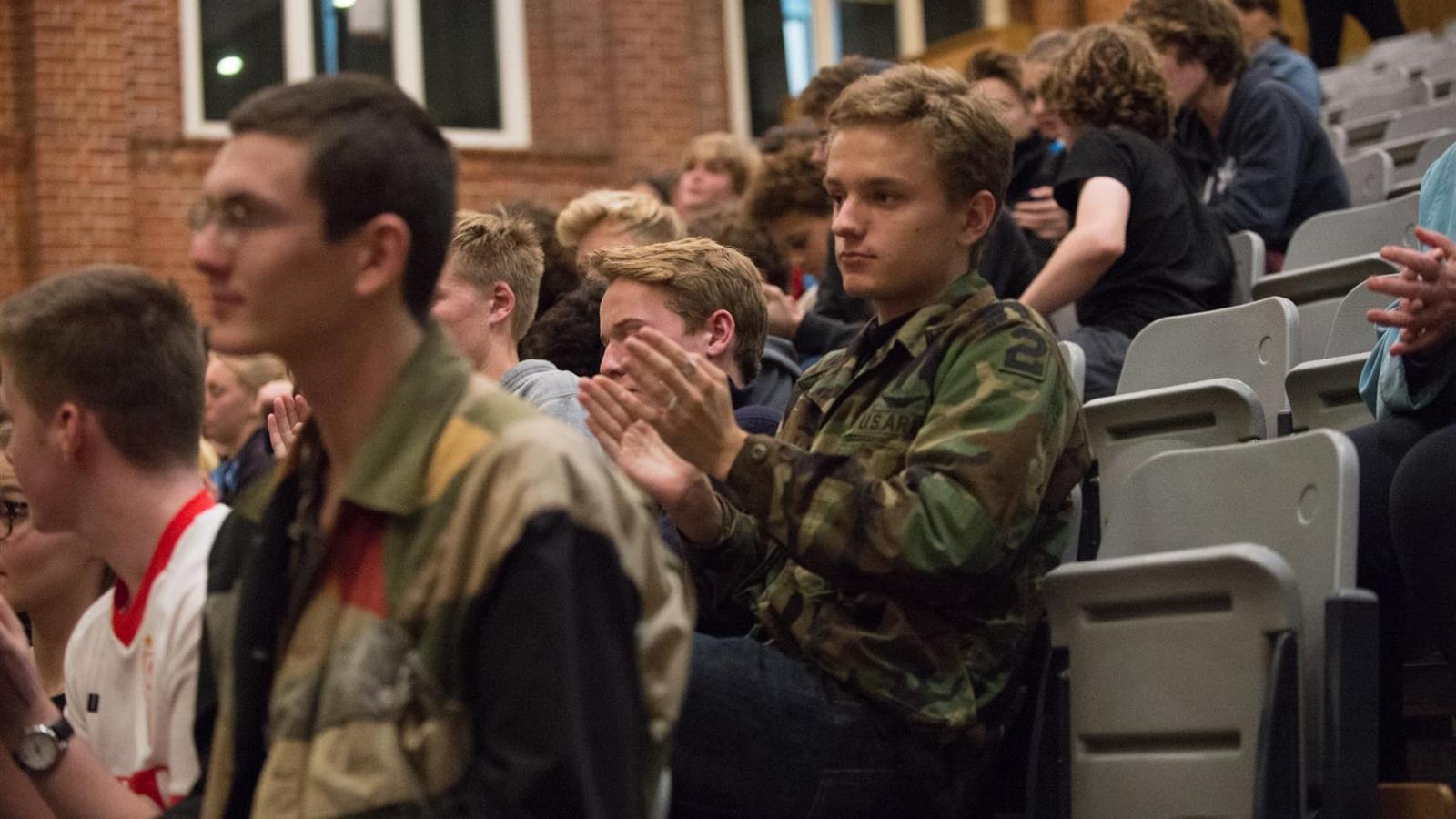- Sixth Form
Politics A Level involves studying the science of government and the practice of conducting political affairs. Since political structures and processes have a profound effect on people’s lives, they are well worth studying. Who hasn’t been fascinated by Brexit and Trump, not to mention the global reaction to Covid-19, over the last few years?
The course will cover the Government and Politics of the UK, Global Politics, and Political Ideas to include Liberalism, Conservatism, Socialism and Anarchism. Students will need to develop understanding of how these ideologies have played a part in establishing political systems around the world.
We study the historical background to Parliament and then analyse the structure of Parliament, the role of the Prime Minister and Cabinet and the whole issue of devolution (transferring power to Scotland for instance) questioning whether the UK is now a quasi-federal state. We also look at Politics in Practice - why do people vote the way they do? How fair is our electoral system? How democratic is the UK political system in reality?
Global politics requires students to study and present different global perspectives, as well as interpreting competing and contestable claims. The key mainstream perspectives on global politics are liberalism and realism, and students will be expected to understand how these perspectives are applied throughout all elements of the global politics content. Global politics gives students an opportunity to develop an understanding of the local, national, international and global dimensions of political activity.
Assessment
The course is terminal; there is no coursework or internal assessment. Students undertake three papers:
1. UK Politics and Core Political Ideas
2. UK Government and Non-Core Political Ideas
3. Comparative Global Politics
Politics A Level fits particularly well with History, Economics, Psychology, Religious Education, Philosophy and Global Perspectives. Students visit the Houses of Parliament as part of the course and they will of course need to comprehensively engage with contemporary political debate/current affairs. A Politics students should enjoy argument: it would be surprising if they did not read a range of newspapers. However, the key skill in Politics A Level is the ability to synthesise theoretical knowledge with contemporary political evidence through analytical and evaluative writing.
Examining board: EdExcel
Subject Lead: Abi Wharton
